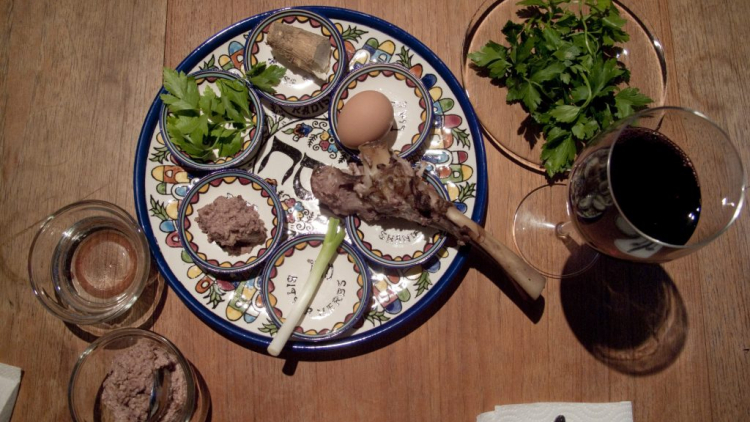JUDAISM | Pesach
Pesach is the Hebrew name for the Jewish Passover. Following Judaism’s lunisolar calendar, Pesach starts in the middle of the month of Nissan, the first month of the year, and lasts between seven and eight days, depending on where it is held. It follows the vernal equinox in the solar year.
Pesach is considered one of the three seasonal festivals, owing to its link to agricultural and pilgrimage cycles (sheloshet haregalim), when Jews would visit the temple in Jerusalem to make offerings.
Two consecutive key events in the history of the people of Israel are celebrated during Pesach. The first has to do with the protection granted by God to the Jewish people from the tenth plague sent to Egyptians, when a fatal epidemic spread throughout Egypt killing all the first born sons. However, thanks to divine grace, the Angel of Death “passed over” Jewish children, sparing their lives. Once the plagues had ended, a second event occurred: the long-awaited liberation from the slavery suffered by the Jewish people in Egypt. As it says in the Torah: “Then you shall have this day as a memorial, and you shall celebrate it as a solemnity to the Lord, in your generations, as an everlasting devotion”. Tradition says that the exodus happened so quickly that the Jews had no time to leaven their bread. This is why Jewish law prohibits the consumption of any cereal during Pesach that has been leavened (chametz): only unleavened bread (matzah) can be eaten.
The most important days during Pesach are the first and last. These are festive days when work is forbidden, in reference to the liberation from slavery. A commemorative supper is held on the first night (seder). Everything here is highly symbolic; the main dish (ke’ara), the blessings, praises and prayers chosen.
Pesach sameach!


